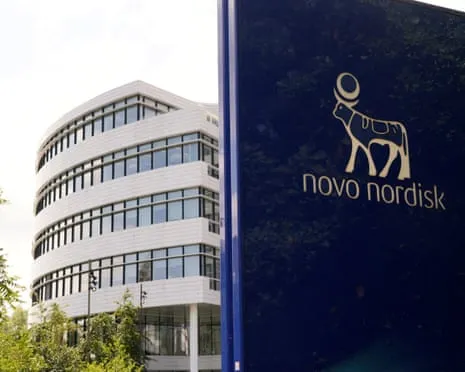While Teen Boys Shift Right, the Rise of the 'Relaxed Female' Phenomenon Becomes Apparent






 News
News
 By William Park
18 Sep 2025
By William Park
18 Sep 2025
 News
News
 By William Park
18 Sep 2025
By William Park
18 Sep 2025
 News
News
 By William Park
18 Sep 2025
By William Park
18 Sep 2025
 News
News
 By William Park
18 Sep 2025
By William Park
18 Sep 2025
 News
News
 News
News
 By William Park
18 Sep 2025
By William Park
18 Sep 2025
 News
News
 News
News
 News
News
 By William Park
18 Sep 2025
By William Park
18 Sep 2025
 News
News
 News
News
 News
News
 By William Park
18 Sep 2025
By William Park
18 Sep 2025
 News
News
 News
News
 News
News
 News
News
 News
News
 News
News


 William Park
William Park
